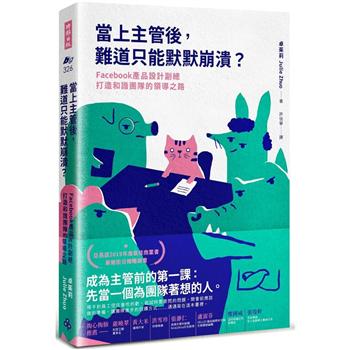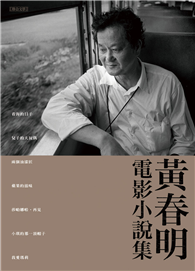The evolution of guidance allows defining it as a discipline, as an area of knowledge framed in the social sciences, aimed at the development of the human being’s potential through psychosocial consultation and counseling on an individual and/or group basis at any stage of the life cycle. As a discipline, counseling is nourished by diverse areas of knowledge, among others: education, sociology and psychology; from the latter it takes the psychological and theoretical approaches that describe and explain personality; it accepts the paradigms of these approaches, the structure and dynamics of the theories, assuming itself from the perspective of education and sociology. As a profession, guidance implicitly consists of a set of functions and tasks aimed at satisfying the emerging requirements of the contexts where the guidance counselor works ethically, adjusted or adjusted to the values associated with improving the living conditions of those involved and enhance their comprehensive development and in accordance with the legal provisions that frame their professional practice.
| FindBook |
有 1 項符合
Legal framework of inter- and transdisciplinarity in counseling的圖書 |
 |
Legal framework of inter- and transdisciplinarity in counseling 作者:Villa E. 出版社:Our Knowledge Publishing 出版日期:2023-10-25 語言:英文 規格:平裝 / 56頁 / 22.86 x 15.24 x 0.33 cm / 普通級/ 初版 |
| 圖書館借閱 |
| 國家圖書館 | 全國圖書書目資訊網 | 國立公共資訊圖書館 | 電子書服務平台 | MetaCat 跨館整合查詢 |
| 臺北市立圖書館 | 新北市立圖書館 | 基隆市公共圖書館 | 桃園市立圖書館 | 新竹縣公共圖書館 |
| 苗栗縣立圖書館 | 臺中市立圖書館 | 彰化縣公共圖書館 | 南投縣文化局 | 雲林縣公共圖書館 |
| 嘉義縣圖書館 | 臺南市立圖書館 | 高雄市立圖書館 | 屏東縣公共圖書館 | 宜蘭縣公共圖書館 |
| 花蓮縣文化局 | 臺東縣文化處 |
|
|
圖書介紹 - 資料來源:博客來 評分:
圖書名稱:Legal framework of inter- and transdisciplinarity in counseling
|











